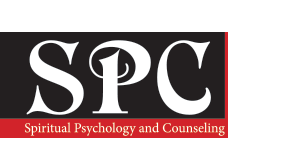Mental Health Literacy and Psychological Help-Seeking Attitudes among University Students: A Moderated Mediation Model of Distress Disclosure and Religiosity
Author/s: Henry Samuel Edosomwan
DOI: http://doi.org/10.37898/spiritualpc.1544456
Year: 2025 Vol: 10 Number: 2
Abstract
The university experience challenges students mentally and physically, increasing their need for psychological support from trained professionals at universities’ counselling and psychological support centres. However, the mechanisms driving favourable attitudes toward seeking professional psychological help remain insufficiently explored. Consequently, this study investigates the relationship between mental health literacy (MHL) and psychological help-seeking attitudes (PHSA) through a moderated mediation model involving distress disclosure (DD) and religiosity. The study sampled 320 undergraduates from the Abraka campus of Delta State University, Nigeria. The sample consists of 116(36.3%) males and 204(63.7%) females with an average age of 20.75 years (SD = ±2.51). The data was collected using standardised instruments with established psychometric properties. A regression-based analysis complemented by model 4 and model 14 of the PROCESS Macro plug-in tool through version 25 of the IBM-SPSS Statistics was adopted for testing the hypotheses. The results reveal that MHL and DD positively and significantly predict PHSA. Additionally, MHL positively and significantly predicts DD. The analysis confirms that DD mediates the relationship between MHL and PHSA, while religiosity moderates the relationship between DD and PHSA. The index of moderated mediation is also significant. Further analysis indicates that the positive impact of MHL on PHSA through DD decreases as religiosity increases and increases as religiosity decreases. These findings emphasise the importance of MHL, DD, and religiosity in shaping PHSA. The study highlights key barriers to seeking professional psychological help and provides valuable insights for designing mental health interventions in higher institutions. Based on these findings, the study concludes that policymakers should consider MHL, DD, and religiosity when developing strategies to enhance favourable PHSA.

